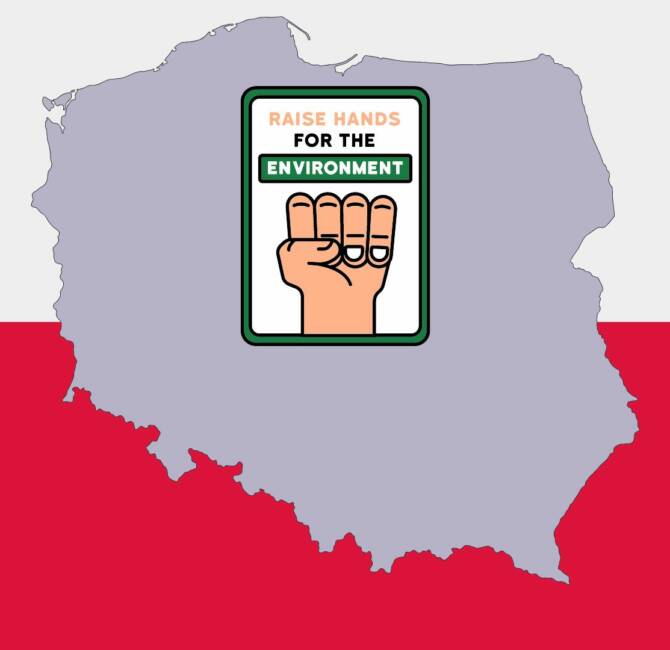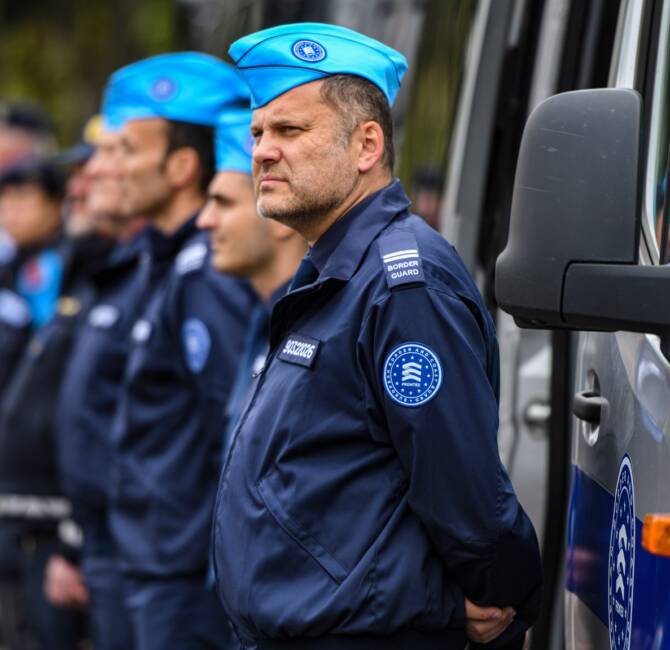“Ceremonial funerals of a state nature, with military ceremonies, are the final stage of our work. Funerals that should have taken place years ago, but which never did. This is how Poland fulfills its duty to its citizens murdered in the 20th century” – says prof. Krzysztof Szwagrzyk, Director of the Office of Search and Identification of the Institute of National Remembrance and its Deputy President, in this interview by Radosław Wojtas. Professor Szwagrzyk is also vice-president of the IPN.
Interview published in English on Sovereignty.pl. To read the full interview in English, please click here.
Radosław Wojtas: I would like to start by returning to the event and the words that have come to symbolize the subject of our conversation, that is, the effort that the Polish state puts into searching for the remains of its citizens murdered by criminals of various totalitarianisms. “The funeral of Danuta Siedzikówna ‘Inka’ and Feliks Selmanowicz ‘Zagończyk’ restores dignity not to them, because they never lost it, but to the Polish state, which for years, even after 1989, failed to honor its heroes,” said President Andrzej Duda during the funeral ceremony of the two victims of communism, whose remains were found by the team of the Institute of National Remembrance (INR) led by you.
Krzysztof Szwagrzyk: I fully agree with these words, because said words uttered by the President during the funeral of Danuta Siedzikówna “Inka” and Feliks Selmanowicz “Zagończyk” in 2016 fully reflect the situation when the Polish state, through search, identification, research, and burial, carries out its duty and does so in a very tangible way. It is true that it is not the victims who have lost their dignity, it is the Polish state, by undertaking this duty – late, but nevertheless – that is regaining its dignity. It shows that it cares about Poles, about those who gave their lives, who died, who were murdered in the 20th century. These are extremely important, pertinent, very often quoted words in the public space, which perhaps accentuate this change like no other.
Radosław Wojtas: In Poland, the figures of “Inka” and “Zagonczyk” are well known, but foreign readers may be hearing about them for the first time. Let us therefore briefly introduce them.
Krzysztof Szwagrzyk: At the outset, it is worth noting that the funeral of “Inka” and “Zagonczyk” in Gdansk in 2016 brought together more than 50,000 mourners, who took part in escorting them to their place of eternal rest. Danuta Siedzikówna and Feliks Selmanowicz were members of one of the units of the anti-communist underground commanded by Zygmunt Szendzielarz “Łupaszka.” The unit began its activities in 1943 in the Vilnius region, and ended its combat trail in 1948, although its remnants were still fighting battles in the early 1950s. In August 1946, the two partisans were executed in a prison on Kurkowa Street in Gdansk. Danuta Siedzikówna “Inka” had not yet turned 18 at the time of her death. Next to her was the body of her older, 42-year-old colleague from the underground organization.
These were two of a very large number of death sentences carried out by the communist system in Poland on soldiers of the anti-communist underground, which existed in Poland from 1944 until almost the mid-1950s and which took up arms against the Soviets and their Polish collaborators. […]




